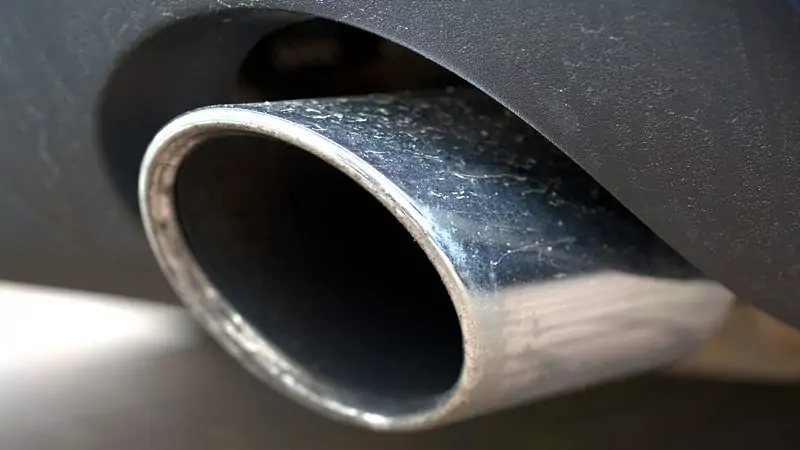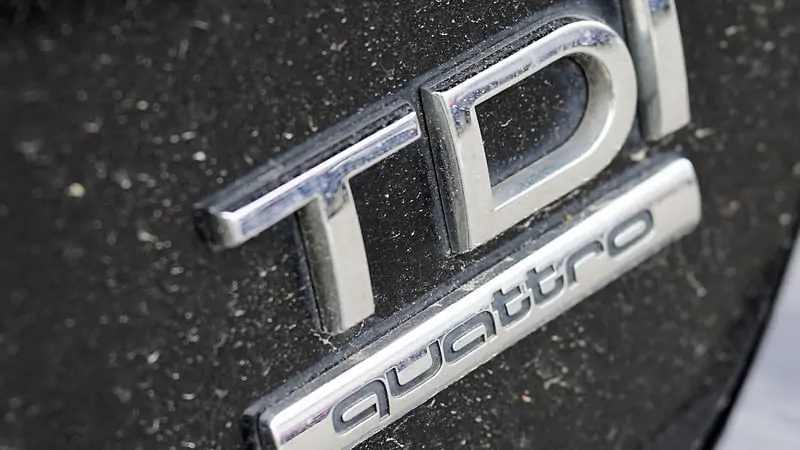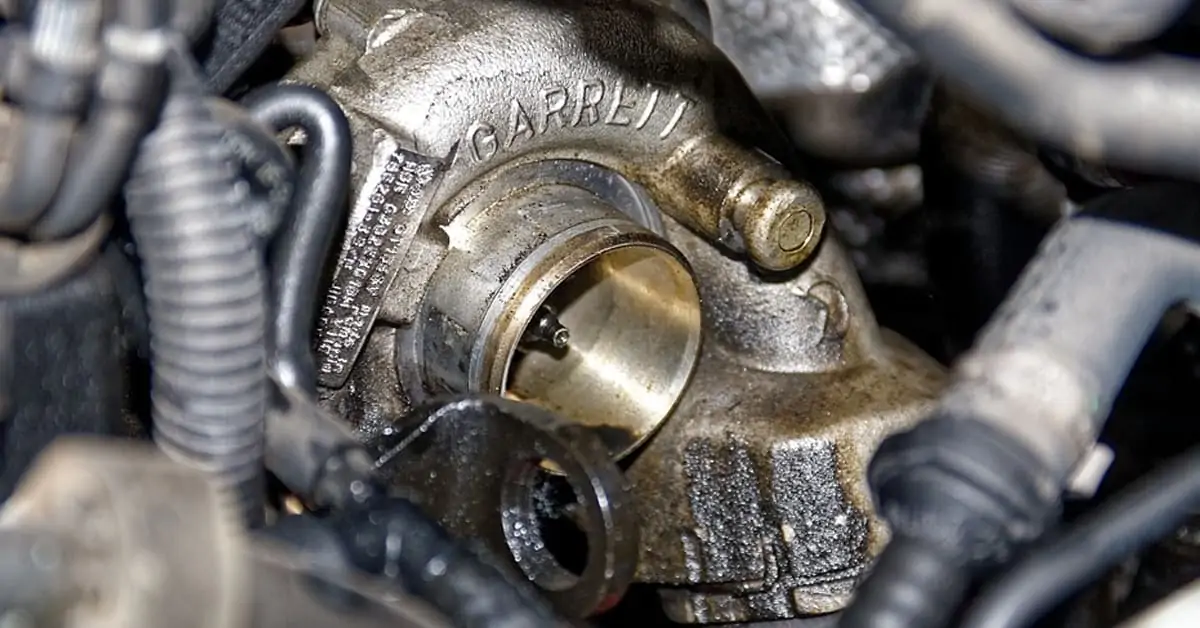The turbo is an impressive part of a car’s engine. While it’s somewhat independent of the engine, they work closely together to give you impressive speed boosts. Since no component of your car is made to last forever, including the turbocharger, how long does a turbo last?
A turbo typically lasts for up to 30 years with good care, while the average is closer to 250,000 miles. If you drive your car pretty frequently, it will take up to two decades to reach that mileage, making it unlikely that you’ll ever have to worry about your vehicle’s turbo.
In this article, you’ll learn the warning signs that show when your turbocharger starts to act up. Also, you’ll learn some of the reasons why a turbo may fail on a diesel and how long you should expect your turbo to last.
What Happens when a Turbo Goes Bad on a Diesel?

As a driver, you should know the basic warning signs that show when your turbo starts to go bad on a diesel. However, these signs can be very subtle and easy to miss, and without experience, you may have a hard time telling when your turbo starts to go bad.
Here are some of the warning signs you should always look out for to know whenever your turbo fails.
1. Noisy Engine
This is one of the most noticeable warning signs of a bad turbo. While you shouldn’t ignore any abnormal noise from a car’s engine, you should be especially worried if it’s a whining noise.
The noise may be very subtle at first, but it gradually gets worse as the engine fault becomes more prevalent. If your car’s engine is emitting a police siren-like noise from the engine compartment, it may be time to get a mechanic.
2. Exhaust Smokes
One of the ways a turbo may fail is when there is an internal or external crack on its engine. This crack usually causes a leak of oil, which goes directly to the exhaust system, burning off to produce exhaust smoke.
If your car emits an abnormal volume of discolored fumes immediately after starting, you should start to worry. If this comes with unexplained whining noises from the engine, you should get a mechanic to check your car’s engine immediately.
3. Engine Light
All modern cars have an engine light that comes on or flashes whenever there’s a problem with any part of the engine. Since the turbo can be classified as part of an engine, any malfunctions by your turbo should trigger the engine light on your dashboard.
However, your car’s engine is one of the most inaccurate ways to track the health of your turbo. Since it’s made to warn of every engine problem, you can’t tell if the problem is from your turbo or other compartments of the engine.
How Long Does a Turbo Last on a Diesel?
The turbo is one of the most essential parts of your car’s engine, and it’s made to last. It wouldn’t be fun if you had to replace an essential component of the engine every other day, would it?
If you bought your vehicle new or from the original owner, you shouldn’t ever have to worry about the turbo. The turbo lasts just as long, and sometimes even longer than most other components in your vehicle.
On average, a turbo should last between 150,000 and 250,000 miles if you never think about it. If you take care of it actively, you should see thousands of miles more from your turbo on a diesel engine.
Considering that you’ll need about 15 years to reach 200,000 miles at average use, you’ll most likely never have to change your car’s turbo unless you have a defective unit. Even with a defective unit, you can easily send your car back if it’s within the warranty.
How to Make Your Turbo Last Longer

If you’re driving a relatively new car, you shouldn’t worry so much about the car’s turbo. But if your car is decades old, you may want to try out some maintenance tips to help your turbo last longer before it eventually fails.
It’s important to note that the turbo on diesel was made to have a lifespan, albeit a long one. Regardless of how well you use it, it will eventually fail; but that isn’t enough reason to not try to prolong its lifespan.
With that said, here are some proven ways to make your car’s turbo last much longer.
1. Cooldown the engine after a ride
Most of your car’s components produce a lot of heat while you drive. When you turn off the engine immediately after a long ride, the heat in the turbo system could boil the oil, causing an increased risk of corrosion and wear.
Each time you go on a ride, it’s crucial to leave the engine on idle for some minutes to cool it down before finally turning off your car. This way, you can keep the turbo cool each time without risks of corrosion or the premature wear of your turbo.
2. Lubricate the turbo
If your car has an inadequate supply of engine oil, there are just so many things that could go wrong. Almost all the moving parts in your vehicle work due to the presence of a lubricant, which is essentially engine oil.
By keeping your car lubricated with the correct grade and quality of engine oil, you’ll keep all the parts of the engine moving efficiently, prolonging its overall life.
Can You Drive with a Damaged Turbo?
If your vehicle’s turbo has blown, the best next step is to stop immediately and request for a tow to an auto mechanic. But that is only the safest step; you have plenty of other options, even with a blown turbo.
For one, it’s very possible to drive with a blown or damaged turbo. Doing this, however, will be risking engine failure and a whole lot of other minor problems, but it’s still possible. The more you drive with a malfunctioning turbo, the more expensive the repair will get.
When driving with a damaged turbo, it’s important to note that your vehicle will be unable to handle the full pressure of your car’s exhaust system. Going hundreds of miles on a single ride will almost surely blow your engine, but it’s the price to pay for driving unsafely.

